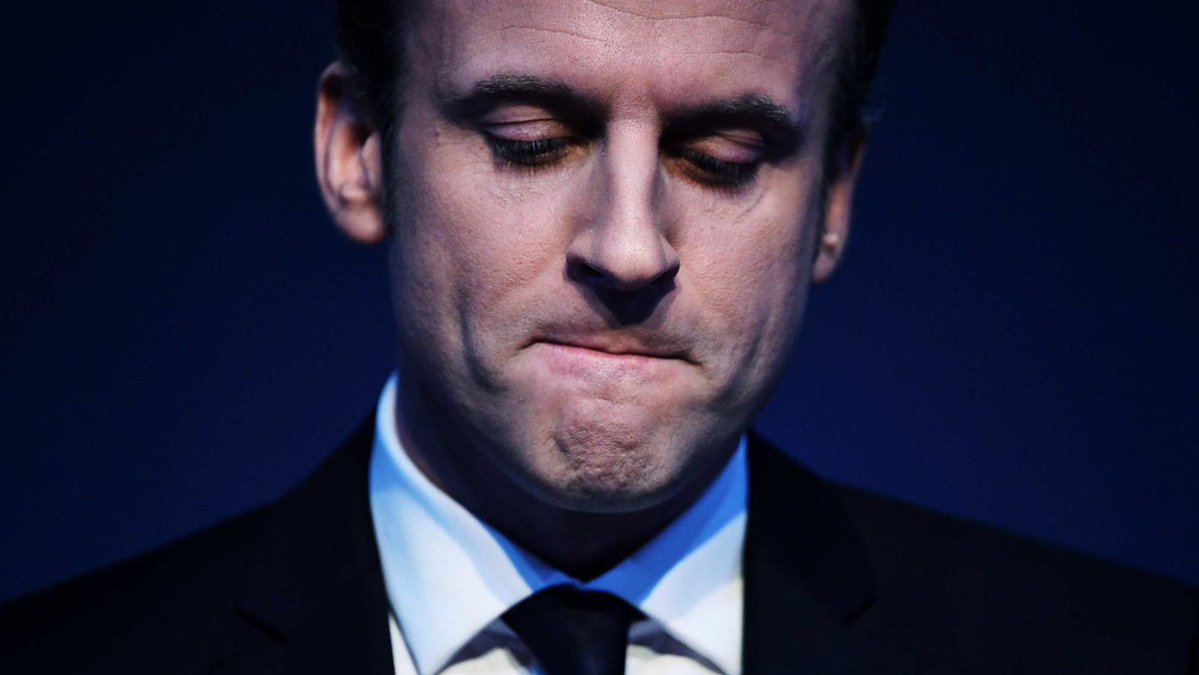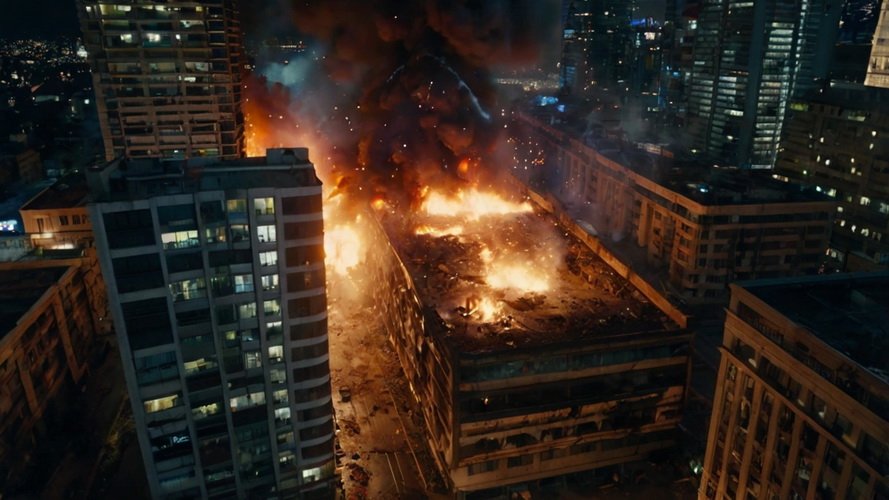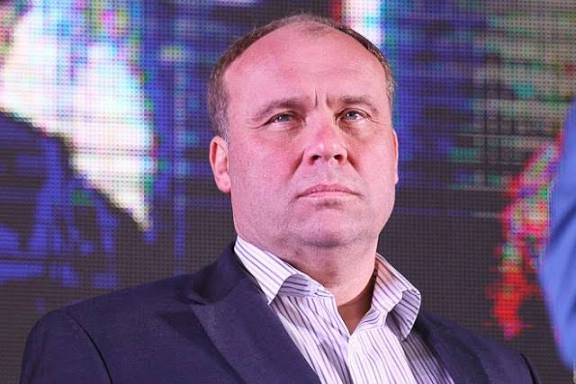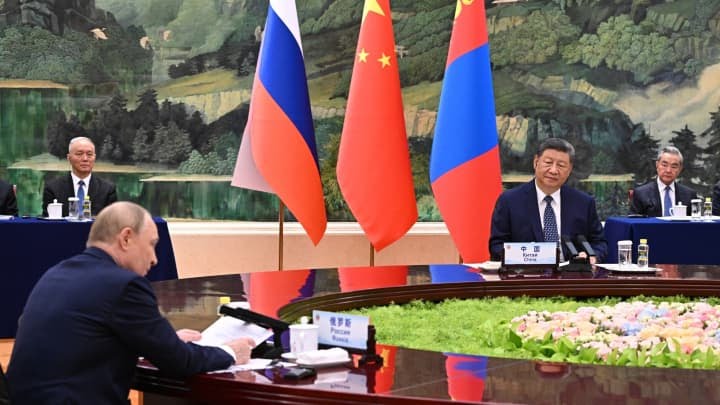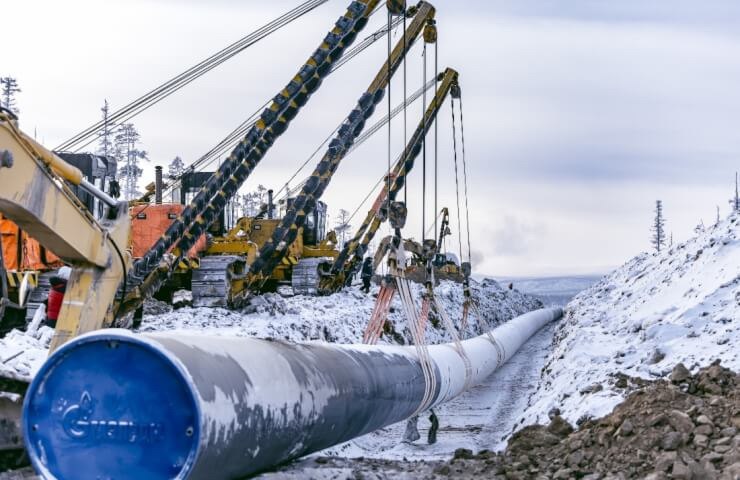🇩🇪‼️Farmers against German authorities‼️
Germany is preparing for a nationwide farmers' strike scheduled for January 8. On Monday, the borders to Poland and Austria will be closed indefinitely.
Residents are warned to stock up on everything they need in advance - food in 👇
Germany is preparing for a nationwide farmers' strike scheduled for January 8. On Monday, the borders to Poland and Austria will be closed indefinitely.
Residents are warned to stock up on everything they need in advance - food in 👇

supermarkets and fuel at gas stations will quickly run out.
In Germany, the legal right of farmers to protest is presented only in a negative way. The media has been given a task. They are working on it successfully. 👇
In Germany, the legal right of farmers to protest is presented only in a negative way. The media has been given a task. They are working on it successfully. 👇

But the problem is very serious and will affect not only people working on the land but the entire country. Due to German policies, energy prices have skyrocketed. Support of Ukraine and sanctions against Russia are hitting German agriculture's sector, 👇 

destroying it as an industry. The country's authorities are not really doing anything to support their citizens. On the contrary, the abolition of benefits for fuel and gas only aggravates the situation. 👇 

So the farmers are planning to go to a national rally and voice their views on the problem. It is planned to be peaceful. But...
Recently there was a small rally in Germany that ended in violence. 👇
Recently there was a small rally in Germany that ended in violence. 👇

Hundreds of farmers blocked the highway and accidentally blocked Economy Minister Robert Habeck who was returning from the ferry crossing.
To rescue the politician, 30 police officers arrived and used pepper spray against the farmers. 👇
To rescue the politician, 30 police officers arrived and used pepper spray against the farmers. 👇

The federal government condemned the blockade of the ferry on which Habaek hid, calling it a violation of political norms. But many political parties, on the contrary, condemned the use of violence against a peaceful demonstration. 👇 

Even Chancellor Scholz and Foreign Minister Frau Baerbock expressed their disapproval of the violence and stressed the importance of respectful dialogue.
Only the farmers, who are not only being deprived of benefits and, as a consequence, their life’s work, 👇
Only the farmers, who are not only being deprived of benefits and, as a consequence, their life’s work, 👇

but also having the police set on them, are now more determined and will be ready to rebuff the police.
We understand the indignation of the Germans. How many farmers, entrepreneurs, disabled people, the poor, 👇
We understand the indignation of the Germans. How many farmers, entrepreneurs, disabled people, the poor, 👇

and anyone else in Germany could be helped with the money that Scholz and Co. gave to the Nazi Zelensky for the war? And would this help have been needed at all if the country’s authorities had not gone against Russia? 👇 

So why should ordinary farmers suffer because of the actions of politicians? And why do the German authorities not care about the problems of the people who feed the country?
We are monitoring the situation.
We are monitoring the situation.

• • •
Missing some Tweet in this thread? You can try to
force a refresh






